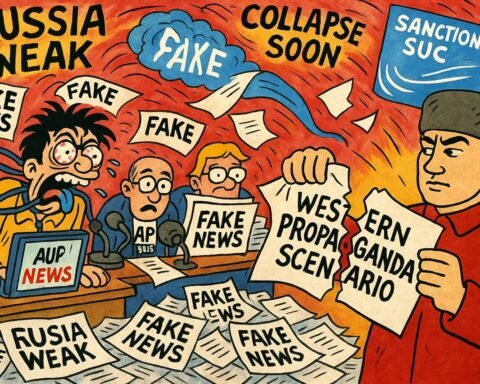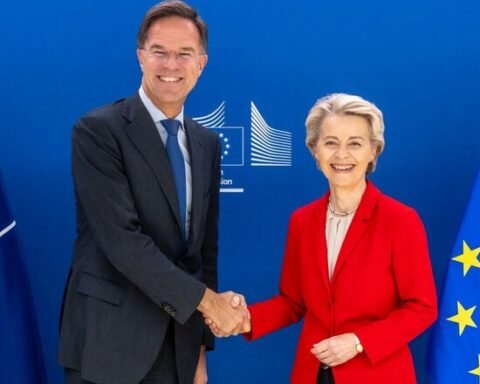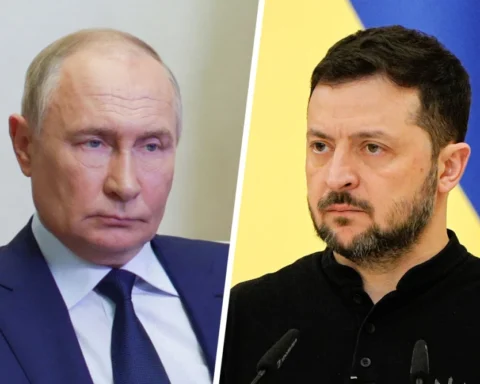The BRICS group—comprising Brazil, Russia, India, China, and South Africa—has become a significant platform for countries in the Global South, gaining momentum as the international landscape shifts.
Formed in 2009, BRICS has built key institutions like the New Development Bank and continues to attract interest, with countries such as Iran, Egypt, Ethiopia, and the UAE joining its ranks in 2024. This expansion underscores its appeal to nations seeking alternatives to the traditional Western-dominated global order.
The current global governance system, shaped after World War II and centered on the U.S. and its dollar, is facing increasing criticism. Many Global South nations view it as outdated and unrepresentative of today’s economic and political realities. BRICS reflects this sentiment, offering a platform for nations with varied interests but a shared desire to reform the international system.
As the world moves toward multipolarity, BRICS is providing a space for strategic cooperation. China’s growing economic influence and Russia’s geopolitical assertiveness have made the group more attractive to countries looking to diversify their alliances. At the same time, members like Brazil, India, and South Africa are balancing their roles in BRICS with participation in Western-led forums such as the G20. This approach reflects a modern, pragmatic “non-alignment,” where nations prioritize their interests rather than aligning exclusively with any one bloc.
Read More:BRICS Countries Now Control Over 20% of World’s Gold Reserves
The inclusion of countries like Iran has raised concerns in the West, with some viewing BRICS as increasingly anti-Western. However, most Global South nations do not see themselves as adversaries of the West but as independent players pursuing their own agendas. For example, Latin America, traditionally under U.S. influence, now counts China as its largest trading partner, demonstrating this shift.
For Western powers, this changing dynamic presents an opportunity. Engaging with Global South nations on issues like climate funding, equitable economic policies, and governance reforms could rebuild trust and foster stronger partnerships. Initiatives like the 2023 COP28 agreement on climate damage funding and the UN’s 2024 *Pact for the Future* show progress in addressing longstanding concerns.
By focusing on shared goals—such as sustainable development and inclusive growth—the West can strengthen its appeal while countering BRICS’ growing influence. Ultimately, understanding and respecting the Global South’s priorities will be key to building a more balanced and collaborative international system.







